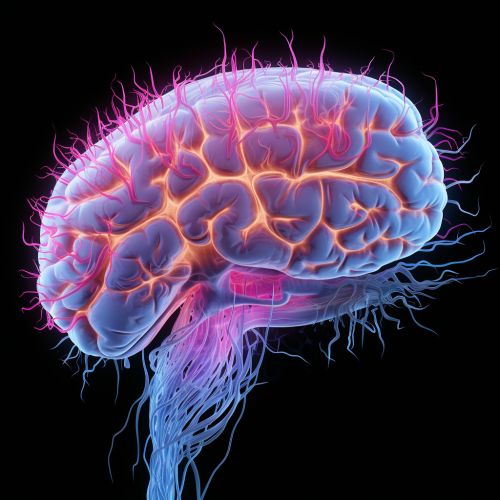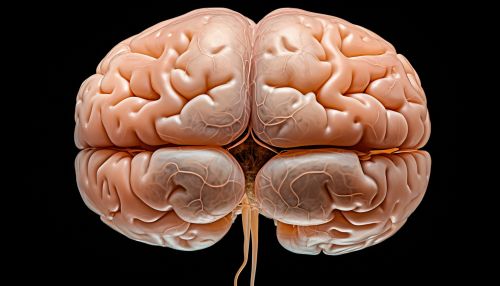Cognitive Neuroscience of Decision Making Processes
Introduction
Cognitive neuroscience is a branch of neuroscience that focuses on the neural mechanisms underlying cognition and is a scientific field that is concerned with the study of the biological processes and aspects that underlie cognition, with a specific focus on the neural connections in the brain which are involved in mental processes. It addresses the questions of how cognitive activities are affected or controlled by neural circuits in the brain. Cognitive neuroscience is a branch of both neuroscience and psychology, overlapping with disciplines such as physiological psychology, cognitive psychology, and neuropsychology. Cognitive neuroscience relies upon theories in cognitive science coupled with evidence from neurobiology, and computational modeling.
Decision Making Processes
Decision making is a cognitive process that results in the selection of a belief or a course of action among several alternative possibilities. Decision-making is the process of identifying and choosing alternatives based on the values, preferences and beliefs of the decision-maker. Every decision-making process produces a final choice, which may or may not prompt action.
Cognitive Neuroscience of Decision Making
The cognitive neuroscience of decision making is the study of how our brain makes decisions. It involves a network of brain structures, including the anterior cingulate cortex (ACC), orbitofrontal cortex (OFC), and the dorsolateral prefrontal cortex (DLPFC). These areas are involved in decision making processes such as evaluation of uncertainty or outcomes, strategy development, and implementation of choices.
Anterior Cingulate Cortex (ACC)
The ACC is a part of the brain's limbic system. The ACC has various functions in the brain including motor control, cognitive functioning, pain processing, and emotion. In decision making, the ACC is thought to contribute to the assessment of reward and punishment. It is also involved in error detection and anticipation of tasks.


Orbitofrontal Cortex (OFC)
The OFC is a prefrontal cortex region in the frontal lobes in the brain which is involved in the cognitive processing of decision-making. The OFC is involved in the process of decision-making, particularly with regard to reward-related expectations and disappointments. It is also involved in social behavior, mood, and the detection of punishment and reward.
Dorsolateral Prefrontal Cortex (DLPFC)
The DLPFC is associated with executive functions such as working memory, cognitive flexibility, planning, inhibition, and abstract reasoning. In decision making, the DLPFC is involved in the process of making choices and actions. It is also involved in the integration of sensory and memory information.
